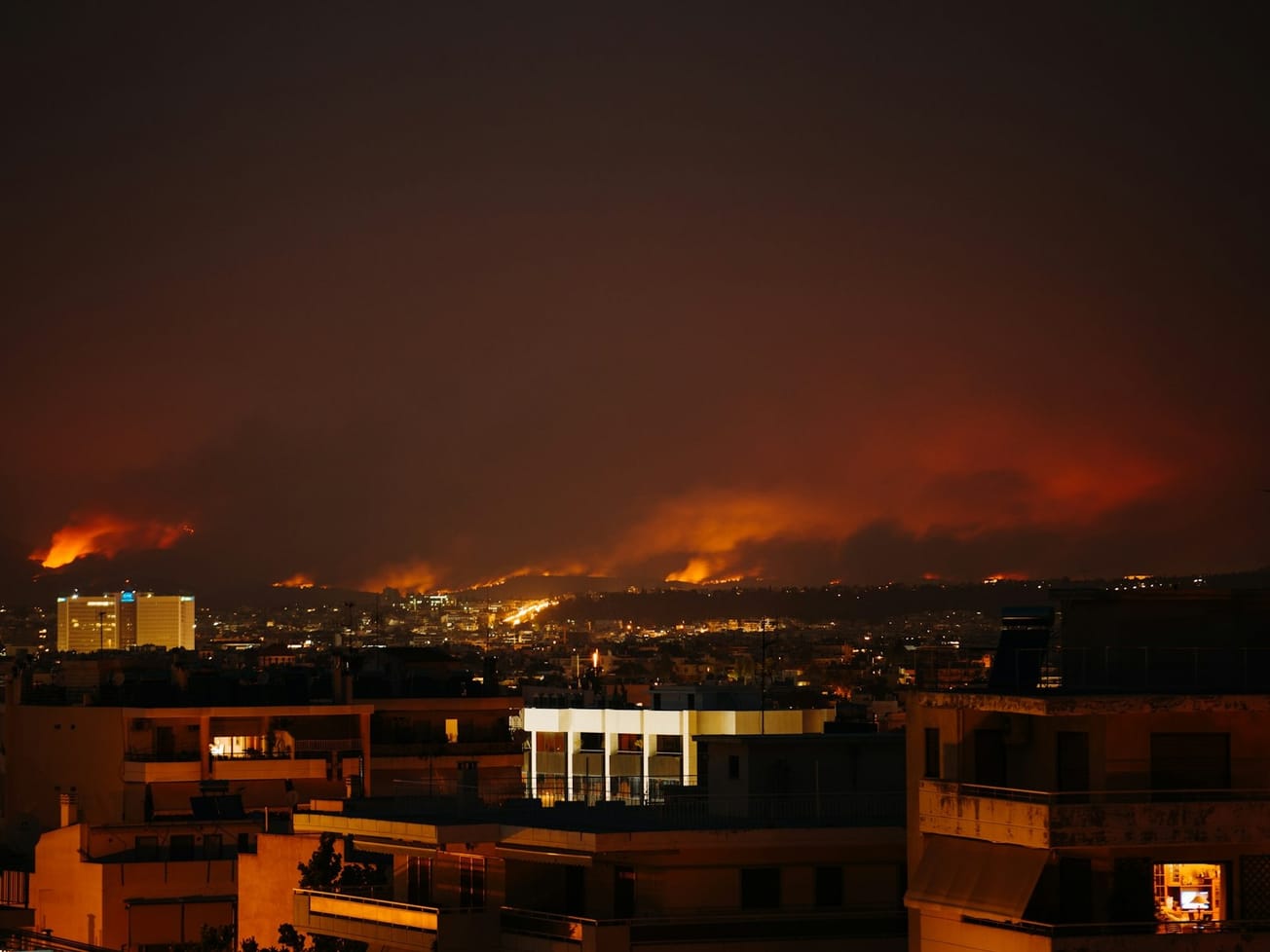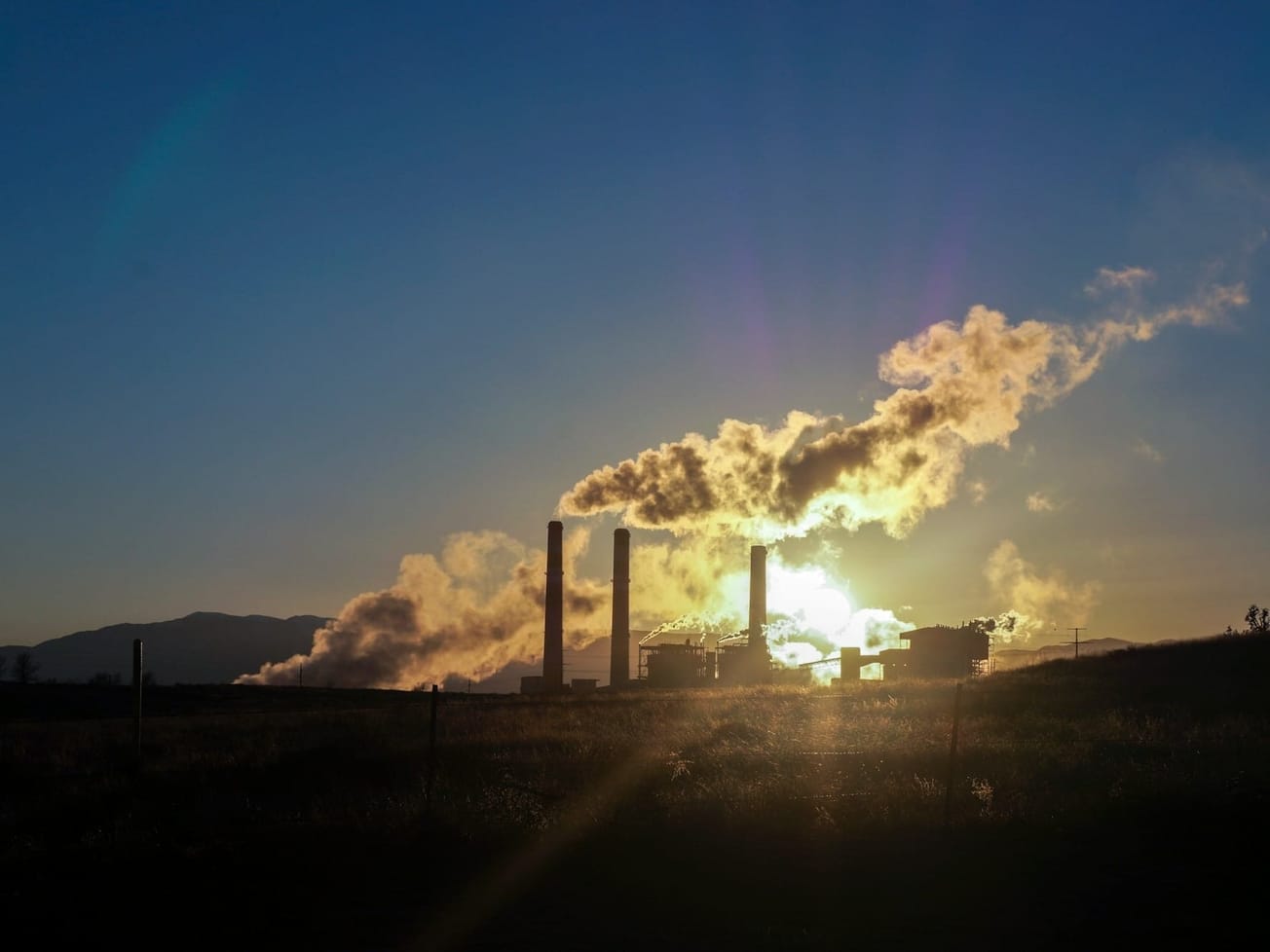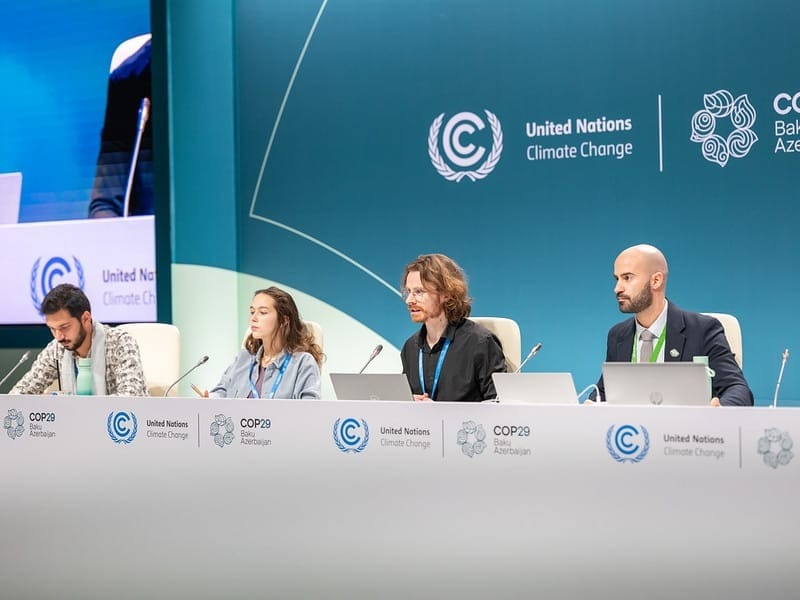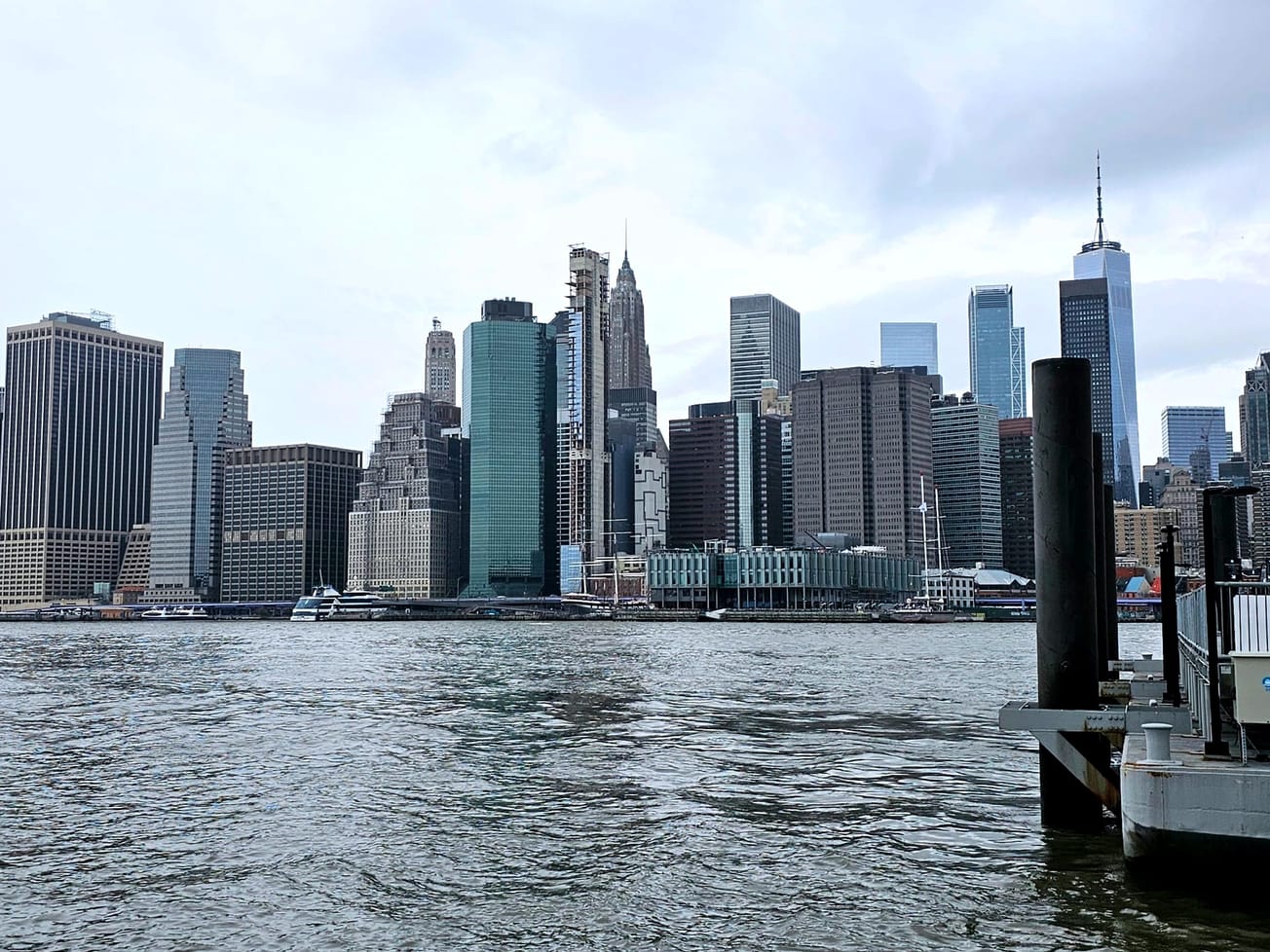GENEVA (AN) — Sixteen airlines signed onto a UNICEF-led initiative to push for speedier deliveries of coronavirus vaccines and medical supplies among flight routes to more than 100 nations, U.N. officials announced on Tuesday.
UNICEF's Humanitarian Airfreight Initiative now includes AirBridgeCargo, Air France/KLM, Astral Aviation, Brussels Airlines, Cargolux, Cathay Pacific, Emirates Skycargo, Ethiopian Airlines, Etihad Airways, IAG Cargo, Korean Air, Lufthansa Cargo, Qatar Airways, SAUDIA, Singapore Airlines and United Airlines.
“Delivery of these life-saving vaccines is a monumental and complex undertaking, considering the sheer volumes that need to be transported, the cold chain requirements, the number of expected deliveries and the diversity of routes,” said Etleva Kadilli, head of UNICEF's supply division.
This is how leading airlines are helping UNICEF deliver lifesaving COVID-19 vaccines to over 100 countries. ✈️https://t.co/c4tzrhWllP
— UNICEF (@UNICEF) February 16, 2021
Logistical support
The initiative supports the COVAX Facility, a multilateral effort to provide equitable access to vaccines around the world that is co-led by the World Health Organization, Gavi, the Vaccine Alliance and the Coalition for Epidemic Preparedness Innovations.
WHO said it hopes to deliver 336 million doses in the first half of this year — enough, according to UNICEF, to immunize an average 3% of the populations in 145 countries — and up to 2 billion by the end of December.
"The participation of the airline industry is vital to support equal access to vaccines worldwide," UNICEF said in a statement. "The initiative will also act as a global logistics preparedness mechanism for other humanitarian and health crises over the longer term."
Experts have said there will not be enough vaccine supplies to cover the world’s 7.8 billion population until two or three years from now.
Rich countries with 15% of the global population reserved 51% of the most promising vaccine candidates, while the poorest countries, with about 85% of the global population, secured just 2 billion doses to protect high-risk populations by the end of 2021 through the COVAX international alliance.








